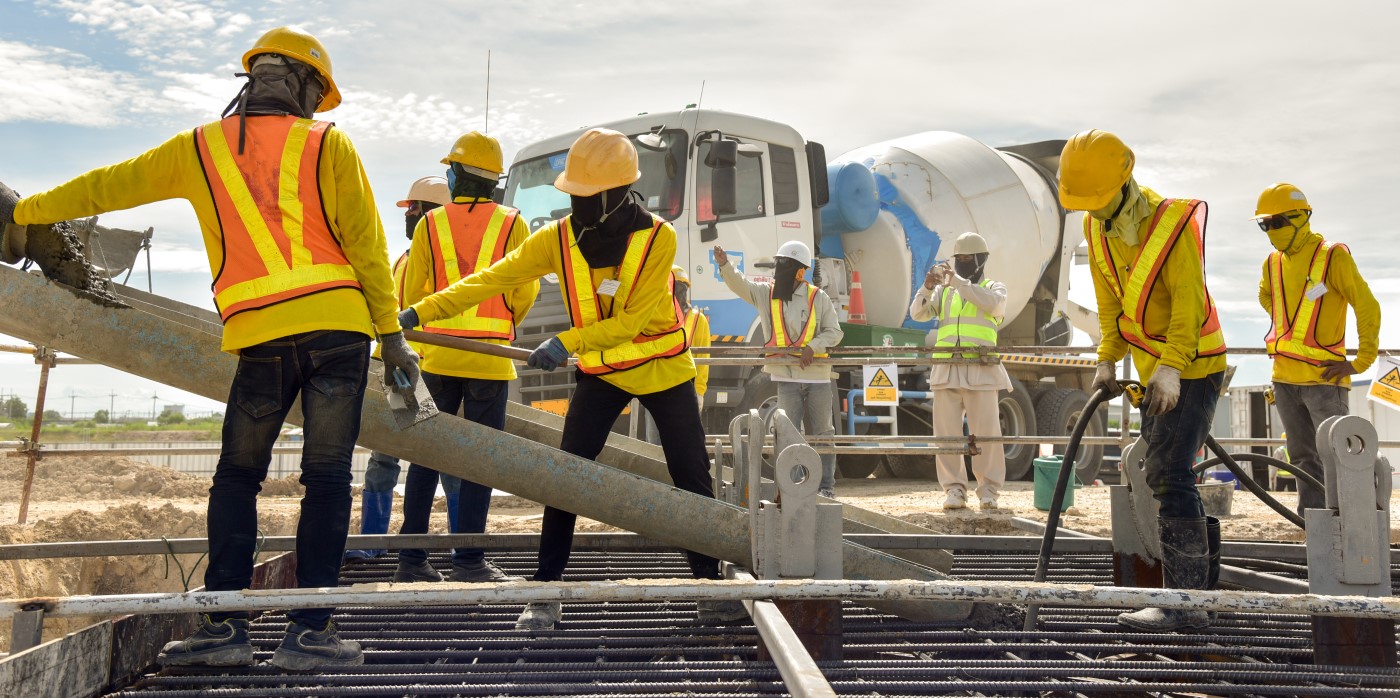New DFG Priority Programme To Take On the Challenge of a Net-Zero Concrete
3-year grants are offered for interdisciplinary, collaborative research projects that investigate pathways towards a climate neutral concrete.
is one of the biggest research funding organisations in Germany. It is a self-governing organisation for the promotion of science and research in Germany and serves all branches of science and the humanities. It is almost entirely financed by the German federal government and by the federal states.
Deutsche Forschungsgemeinschaft (DFG – German Research Foundation) established the Priority Programme ‘Net-Zero Concrete‘ (SPP 2436) in March 2023. The programme is designed to run for six years and comprises two funding periods of three years each.
The main objective of this Priority Programme is the development of a net-zero concrete based on alternative binders, renewable aggregates and carbonation strategies. To achieve this goal, the programme sets out the following three sub-objectives:
- Experimental and numerical research on alternative binders and novel clinker raw materials in terms of composition and reactivity of the individual phases and their CO2 interactions.
- Development of waste-based and/or renewable aggregate systems that have the potential to absorb CO2 and will be fully recyclable and/or reusable in an end-of-life scenario.
- Development of advanced concrete carbonation strategies to maximize CO2 uptake in concrete production as well as during and after service life.
The programme comprises the following three complementary research modules:
- Alternative and carbon neutral binders.
- Construction demolition waste and renewable aggregates.
- Concrete carbon capture and long-term carbon sink.
To achieve its objective, the programme is dedicated to a multidisciplinary research approach, covering cement chemistry, concrete technology and related scientific areas such as physical chemistry (reaction thermodynamics and kinetics) and physics of materials, but also reusability and adaptability of resources and production procedures.
Eligible to apply are researchers who work in Germany, or at a German research institution abroad, and who have completed their academic training (usually with a doctorate). In justified cases, the participation of researchers based outside Germany is also possible.
Funding is available for a period of three years and covers project-related costs such as personnel, materials and instrumentation.
The deadline for the submission of project proposals is 30 October 2023.
(This report was the subject of a RESEARCHconnect Newsflash.)

